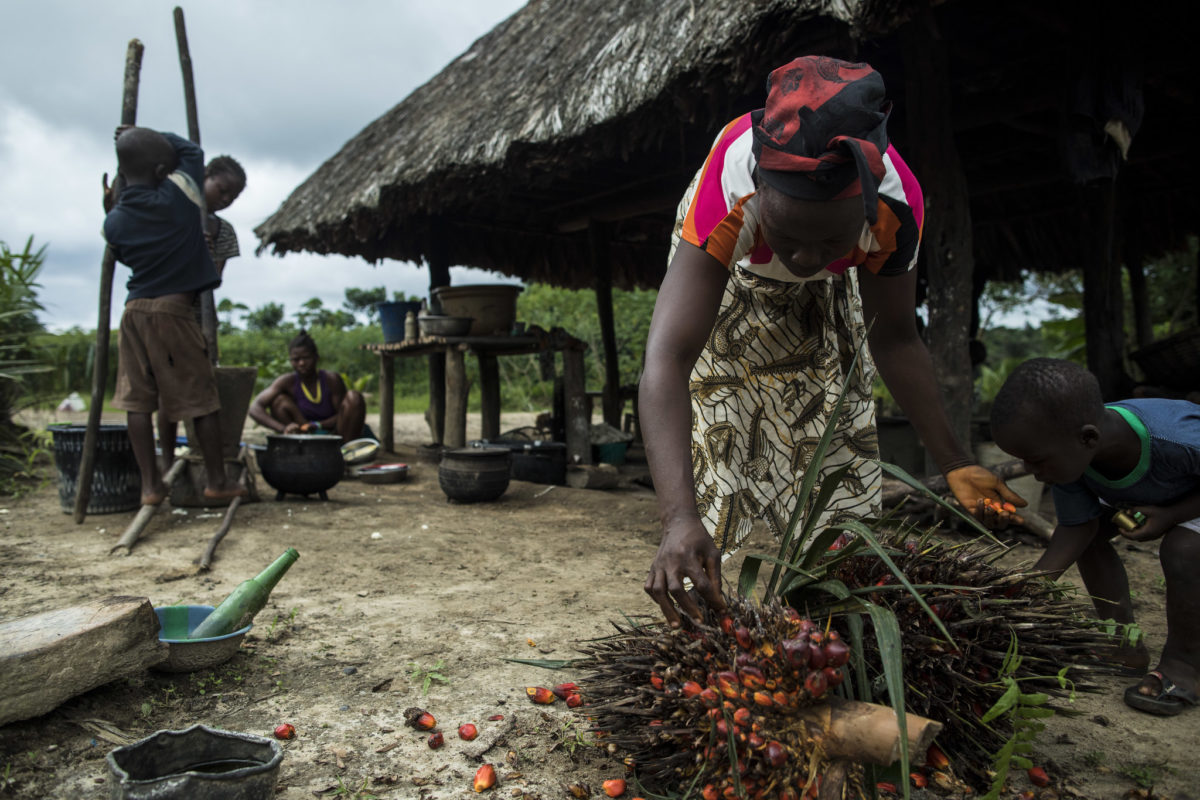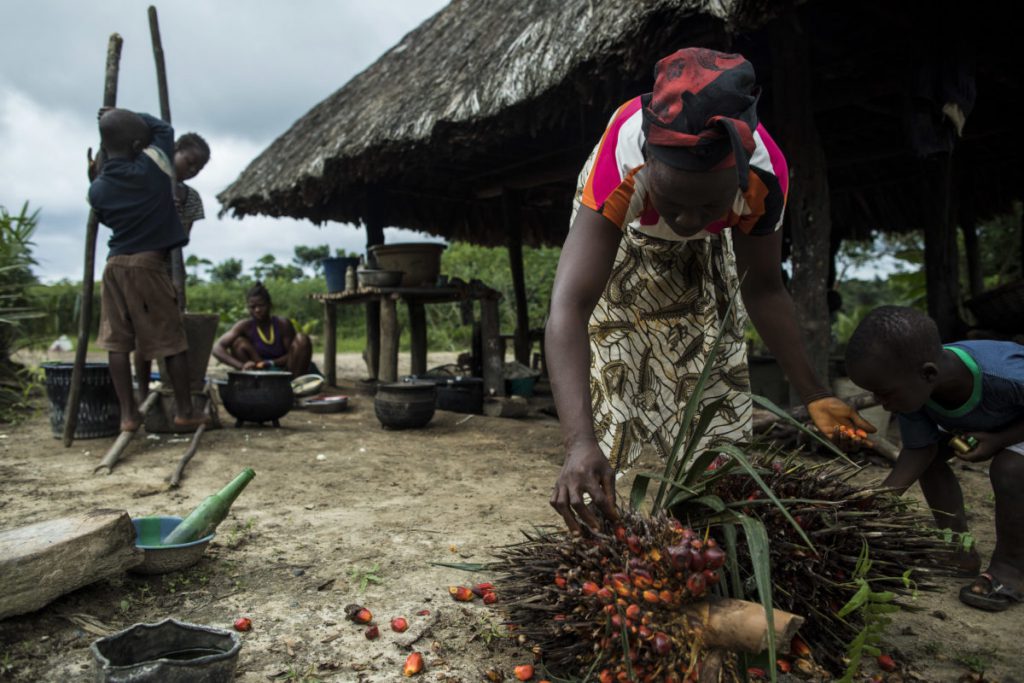

How did globalization change some people’s lives? How did the changes lead to a conflict? What was the proposed solution(s) to the conflict? How satisfactory was the solution to each party? Can you imagine a way to avoid or resolve similar conflicts in the future, even if rapid globalization continues? Over the years, in what ways has your region become more globalized? How can you see the results of this today? If you cannot see the result of this today, why?
For this assignment, I have chosen the “Liberian Plantation Workers Allege Poor Conditions” case to discuss as soon as it touched me the most. In 2005, 12 adults and 23 children sued the Firestone company for poor conditions, using child labor, and dumping toxic chemicals into a river (Pier et al., 2014).
Firestone Liberia Inc. came to Liberia in 1926, and now is the largest private employer in this country, which also operates 27 schools, and provides scholarships for higher education (Firestone Liberia, 2019). So, how did globalization change some people’s lives in Liberia? At the first sight, the answer seems obvious: a lot of new workplaces appeared, and workers’ kids got the opportunity to study for free. According to Firestone Liberia’s official website, in 2018 this company was awarded the Golden Image Reward for its high-quality education. Sounds like a life-changing chance that no one should miss! Well, I don’t know about now, but in 2005 things from the inside were not so jolly. It was obvious that Firestone took an advantage of the lack of other opportunities and exploited its workers. The daily quotas were so big that it was impossible to reach them, which caused the necessity for the help of children (Pier et al., 2014). All this led to a conflict, where workers felt like they were in the gulag and sued the corporation, which never admitted that it did anything wrong and claimed that it was very generous and helpful.
I don’t think there was any real solution proposed to this conflict. It looks like there was an invisible wall that didn’t let both sides fully hear and understand each other. The plaintiffs claimed that they had impossible daily quotas and that their kids had to work instead of going to school. At the same time, Firestone said that they operated health clinics and ran schools as if it could solve the problem of child labor and too much work. The final decision of the lawsuit was to prohibit workers from complaining and appealing anything, which was satisfactory to the corporation and extremely unfair to the employees (Pier et al., 2014). In fact, I was very surprised to see that in 2011 it was also stated that Firestone has not violated any international law. As far as I know, there are many books and articles about polluting rivers and international law, and special attention is paid to this issue. It’s hard to believe, that this corporation was not strictly punished, because it is not so difficult to prove its fault if it has really dumped toxic chemicals in the river, as workers claimed.
I think, even if rapid globalization continues, it is not so difficult to avoid and resolve similar conflicts in the future. First, there should be settled norms of how much people can work. This should include not only a maximum of weekly hours but also a reasonable amount of physical manual labor. Even though it is difficult to understand, what exactly is reasonable in this case, and what is not, the government can organize some special commission that will attend to the workplace and see whether the employees are really exploited or not. It seems, that in Liberia children had to work instead of going to school simply because adults could not do their job as fast as was required. So, the problem of child labor would disappear, if only the daily quotas were reasonable. This is true, that Firestone Liberia Inc. opened many schools for more than 12,000 students. They will be able to study there for free if their parents can fulfill their work obligations themselves. Finally, we should inform the public about pollution cases. More and more international attention is paid to this problem, and such hazardous behavior should be strictly punished.
I live in China, and over the years the region I live in became much more globalized than it was in the past. Chinese businesses are expanding all over the world, and foreign companies are also seeking opportunities to join the Chinese market. For a long time, due to the low production cost in this country, the USA, Germany, and some others ran their factories here. I live in Changchun, Jilin province. This city is also called the “City of Automobiles”, and here you can find FAW Bus, FAW GM, FAW Car, Fawer Automotive Parts, FAW Toyota Engine, Continental Vehicle Electronics, and Rich Dimension — Johnson Controls Automotive interiors, and many others (China Metropolitan, 2020). It will take a whole scientific paper to describe how globalized this region is.
Lots of foreigners come here to work, attracted by high salaries and low prices, together with high standards of living in big cities. At the same time, due to the economic power of China, lots of countries need to recon with Chinese censor opinion, if they want to earn any money there. There was even an episode in the South Park series, where one of the main characters traveled to China hoping to expand his business and make a great income, and in this cartoon, it was kiddingly shown, how many people go there with the same intentions.
References
China Metropolitan. (21 January, 2020). Changchun – The City of Automobiles. Retrieved from https://chinametropolitan.com/changchun/
Firestone Liberia. (2019). Firestone Natural Rubber Company Official Website. Retrieved from https://www.firestonenaturalrubber.com/
Pier D., Mehling K., Zerzan R., Friedman T., Auguston A., & Wolfe T. (2014). The Global Citizen Student Reader: Globalization. United Nations Association. Retrieved from https://my.uopeople.edu/pluginfile.php/1574429/mod_assign/intro/U1%20Student%20Reader2.Globalization_OPT.pdf
